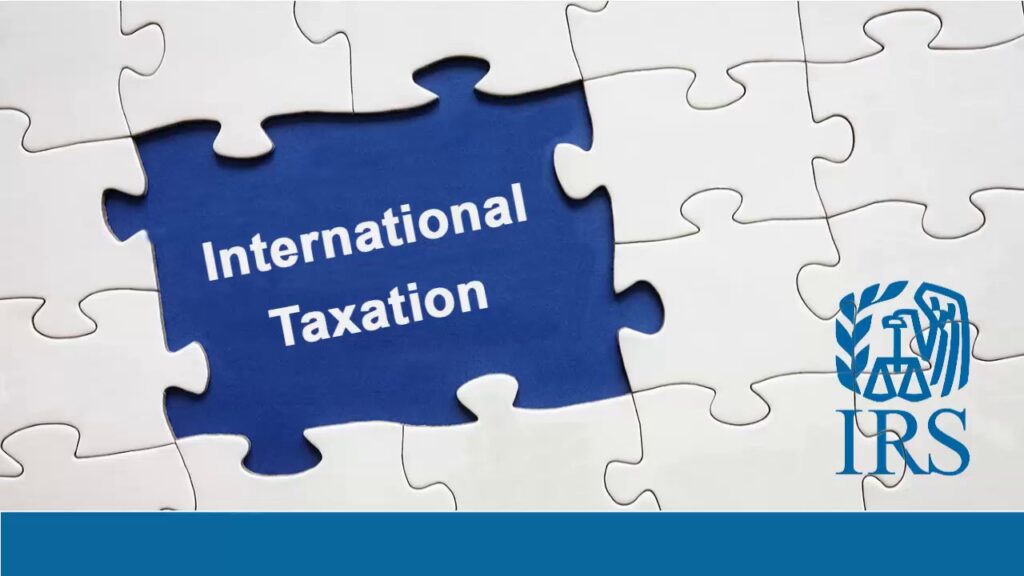
International Tax Law
In today’s economic climate non-profit organizations are looking globally to support continuing operations. However, in doing so, non-profits need to understand applicable international tax law and ensure compliance with applicable federal tax laws and IRS guidelines. This is especially important in cities like San Diego where non-profits may have operations in both the U.S. and across the border in Mexico.
Non-profit organizations are required to follow all applicable state and federal tax laws. Following are some key areas of concern if your organization operates internationally or if it is supported by foreign donations. Understanding the obligations required to operate internationally is mandatory to avoid penalties for missed filings.
Reporting Foreign Operations and Bank Accounts
Form 990 requires disclosures be declared and filed on an annual basis. Working with clients, the International tax law specialists at RJS LAW will begin with a review of Part III of Form 990 and Part IX-A of Form 990-PF for descriptions of international program operations to ensure proper disclosure.
The Series 990 forms contain trigger questions related to foreign bank accounts to determine whether the non-profit has signing power or control over those accounts. It is important to answer these questions accurately as the organization, its officers, and board members may be required to file separately, depending on their involvement with the foreign account(s). Often times, these questions are missed when a U.S. based non-profit has a separate but controlled accounts in a foreign country.
Reporting Foreign Donors
Non-profit 501(c)(3) organizations, are required to list their foreign donors using Schedule B, Schedule of Contributors, on their returns.
While non-profits may balk at donor disclosure, it is important to note that donor names are not visible to the public. As part of the filing process, the IRS will look at expenses incurred in obtaining donor contributions. Donation costs include such things as grant application time, travel and costs related to preparing and obtaining grants. These and other expenses need to be disclosed on Schedule F, if certain thresholds are met. The same would apply to any foreign service providers.
Reporting International Fund Use
As part of the annual federal Form 990 for non-profit organizations, Schedule F requires full disclosure of all office locations, employees, program activities, fundraising activities and investments that originate from a foreign country or result in money spent in another country. This includes any US grants marked for use in foreign activities. Schedule F also requires detailed information on foreign grants and the reporting of international grants in excess of $5,000. Reporting details include the region, type of grant issued to either an entity or individual, and the amount and purpose of the monetary awards so to provide transparency to the public, funders, and other interested parties.
Reporting Foreign Transfers, Entities, and Structures
Schedule F also contains questions regarding foreign transfers, entities, and structures. These questions can be a bit confusing and the international tax law experts at RJS LAW are available to assist.
Unfortunately, instructions for Form 990 and its Schedule F may be vague and there is little written guidance available. As such, understanding foreign operations and structures is critical to proper reporting. Key areas to note:
- Does the non-profit have an overseas presence?
- Is there a physical presence?
- If registered abroad, what are the local requirements in terms of organizational structure and overall operations?
- Are the foreign operations considered branches or offices of the U.S. organization?
- Or are they considered a separate subsidiary nonprofit or NGO in the country of operation?
The answers to these questions, all have tax consequences.
Reporting International Related Entities
If the international operations are conducted by separate entities, Form 990, Schedule R will also be required to determine if these organizations are considered “related” for reporting purposes.
Determining control and functional aspects of the non-profit as well as its foreign operations are vital to properly preparing applicable tax forms and disclosures.
Determining Control of Foreign Entities Can Be Complicated
For non-profits with international operations determining tax reporting structures and proper reporting requirements can be complex and confusing. However, the qualified international tax law experts at RJS LAW can save hours in preparation and help assure your tax filings are properly prepared and accurately reported to the IRS. If your non-profit has international operations, call us today at (619)-595-1655 for a no-obligation review and discussion of the tax consequences.
Subscribe To Our Blog & Future Updates
Opt In To RJS LAW

Leave a Reply